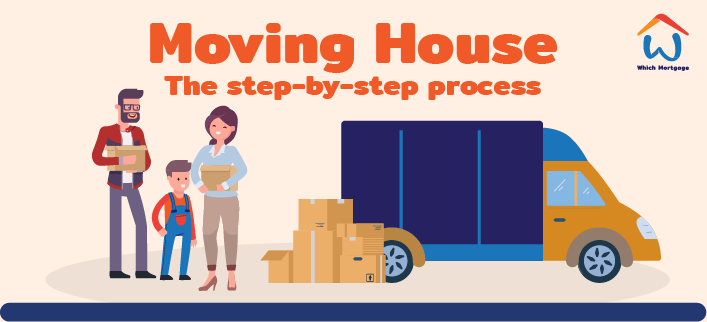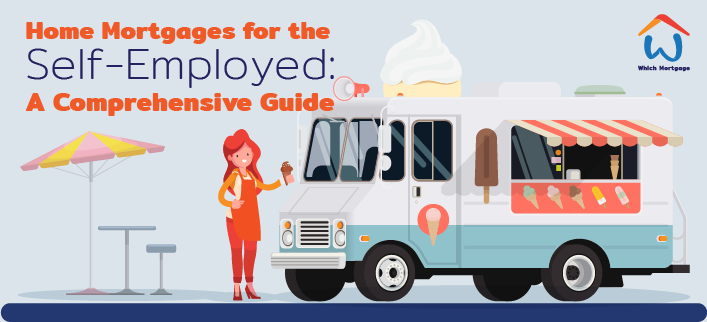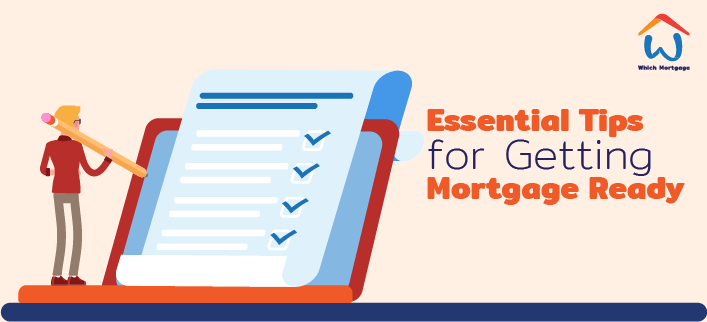Know the basics
Before starting your moving journey, you need to understand the Central Bank's mortgage rules. When you got onto the property ladder as a first time buyer, there were certain rules that applied to your mortgage. And now as a mover (or 'second/subsequent buyer'), you will also be subject to similar rules.
- Loan-to-value (LTV) limit: movers are required to have a 10% deposit. The maximum LTV is 90%, which is the percentage of the home's value you can borrow.
- Loan-to-income (LTI) limit: movers can borrow up to 3.5 times their gross annual income.
What are the steps involved in moving house?
Step 1 - Determine your property's value and appoint an auctioneer
- Contact auctioneers for professional valuations of your home and for insights into your home's potential selling price. From the auctioneers you contact, you will have to appoint one to sell your home.
- Tip: We recommend that you contact more than one auctioneer, for example a local auctioneer and the largest auctioneer in your area, and compare the information received from each of them. This will enable you to make an informed decision and ensure that you get the best price for your home.
Step 2 - Compare mortgage deals and get mortgage approval with Which Mortgage
- The valuation you receive allows you to determine how much equity you have in your current home and enables you to work out how much you need to borrow to purchase your new home. When working out how much you need to borrow, you will also take into account the savings you have accumulated.
- You can then use our Moving House Calculator to estimate your borrowing capacity, and our mortgage specialists will guide you through a comprehensive comparison of all the mortgage deals available to you. This will enable you to choose the mortgage that is right for you.
- Once we've helped you determine which mortgage suits your needs and circumstances, we will assist you in preparing your mortgage application and submit it to the lender for approval in principle. With your approval in principle in hand, you are now ready to house hunt and bid on houses within your budget.
- Tip: It is advisable to get approval in principle before putting your home up for sale because any delay in obtaining approval could disrupt the precise timing needed to achieve concurrent closing on your current and new homes.
Step 3 - Appoint a solicitor
- While you are undertaking the processes in step 1 and 2, it is prudent to appoint a solicitor to handle the conveyancing aspects of the sale of your home. Doing so will allow your solicitor to obtain your title deeds at an early stage in the process, thereby avoiding unnecessary delays in the sale of your home.
- Tip: Request your solicitor to make every effort to ensure that the closing dates of the purchase of your new home and sale of your current home occur simultaneously. We can connect you with a solicitor who will manage and coordinate the legal aspects of your move. However, it is advisable to have a contingency plan in place in case unexpected circumstances arise, potentially causing a delay in the closing dates for the sale and purchase.
Step 4 - Closing day
- Once you've found your new home and all agreements have been signed and complied with, you are ready to move into your new home. At the same time, the sale of your previous home will also be complete and you will have to hand over the keys for the buyer to move in.
- Tip: The timing of moving out of your old home and into your new home can be stressful, so it might be best to start packing long before your closing date and to arrange for professional movers to help you.
Making the decision to move
Regardless of your reasons for moving house, the choice to move is significant and requires some serious thinking. To determine whether you are ready to move house, it may be helpful to consider the following:
- What are the advantages and disadvantages of moving?
- Are you looking to upsize or downsize your living space?
- Why do you want to move to a specific location?
- How might uncertain future circumstances affect your move?
With the right support, you can embark on your moving journey with confidence, reducing stress along the way. Contact us for personalised advice to make your transition to your new home a smooth one.
More Questions?
Talk to one of our mortgage specialists now!
BOOK AN APPOINTMENT



